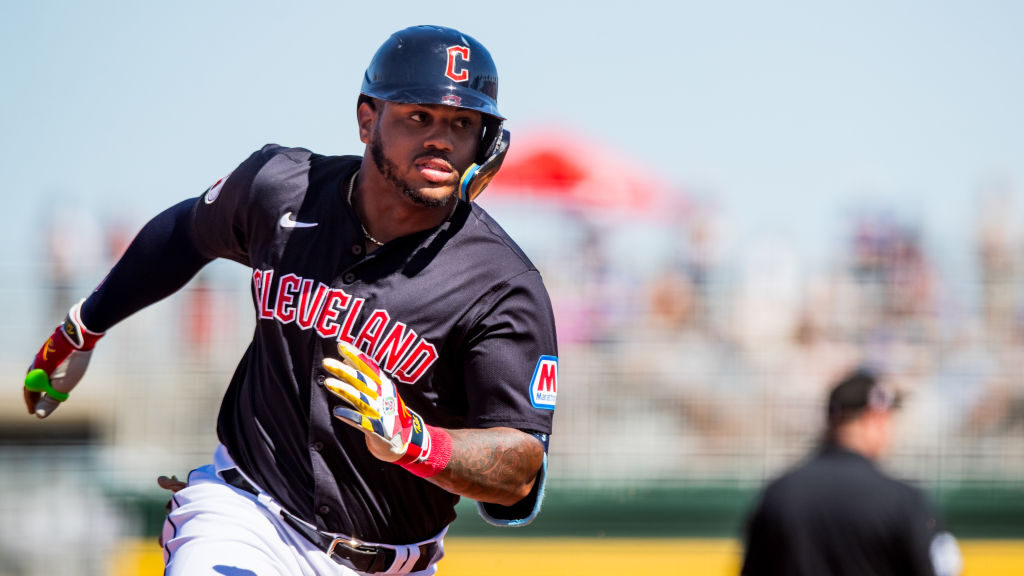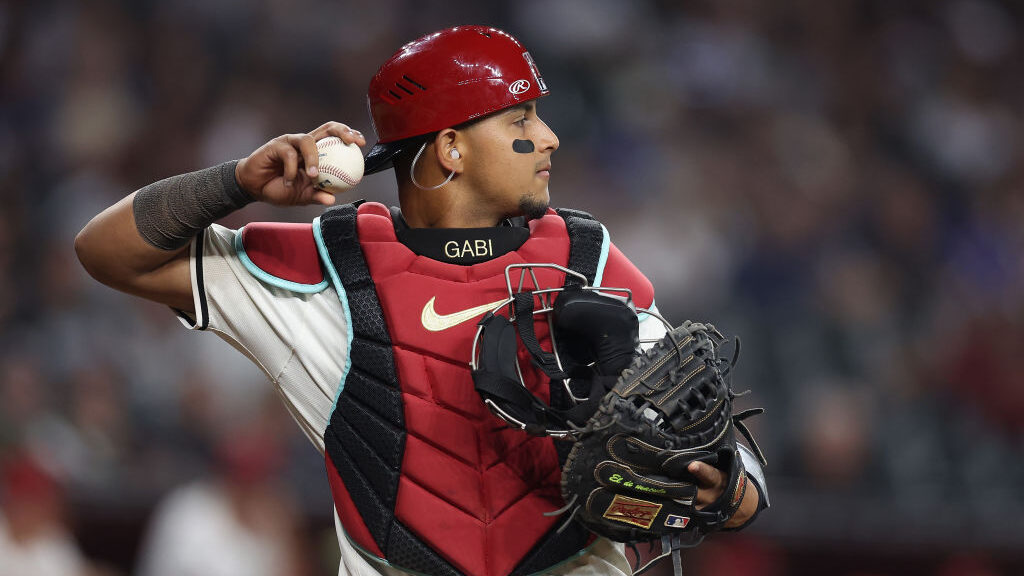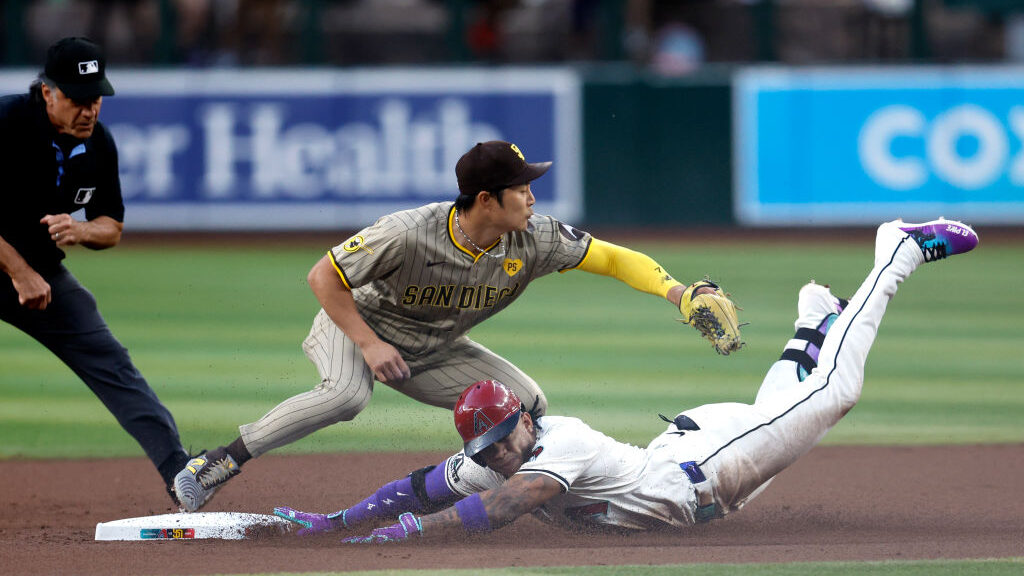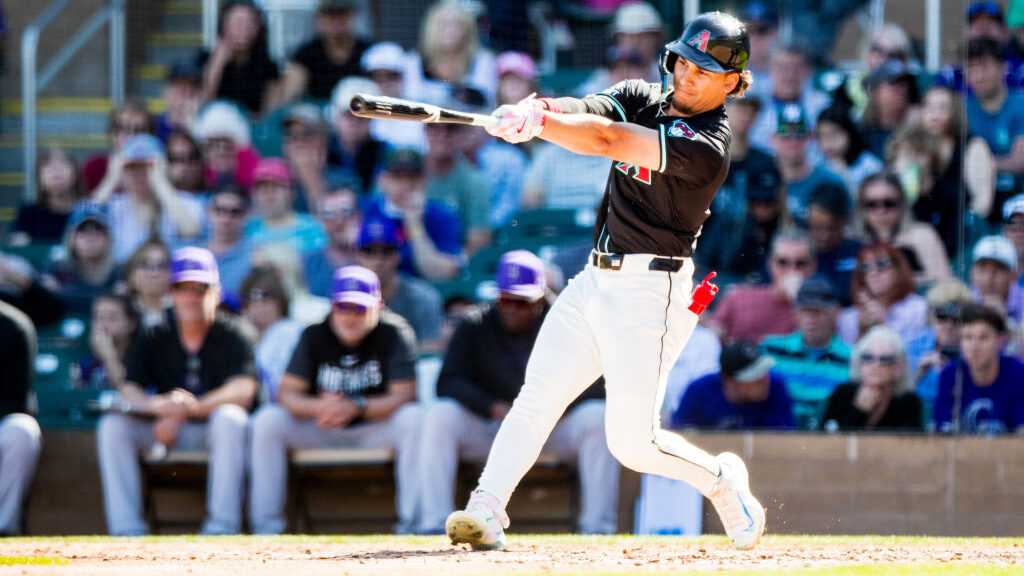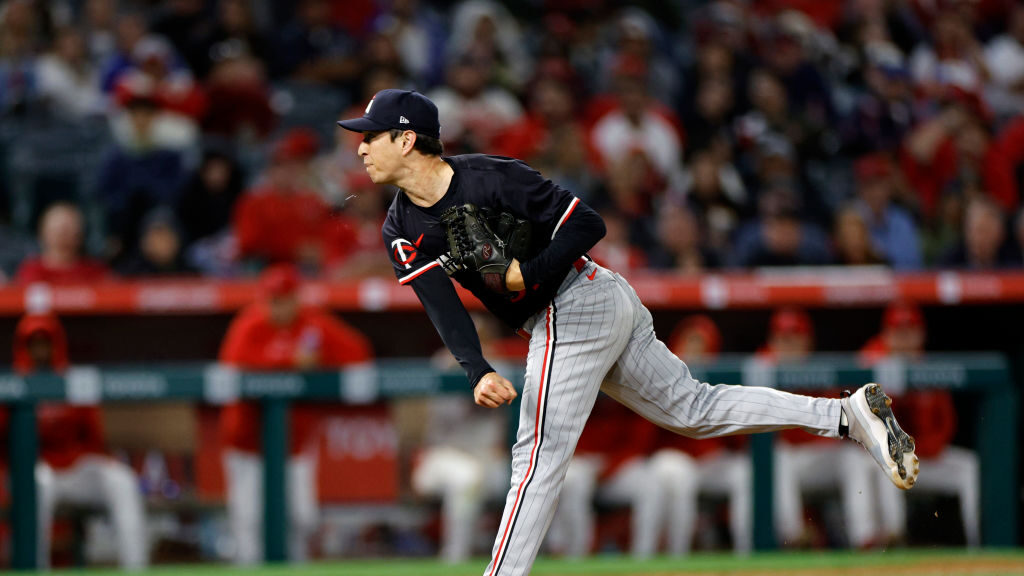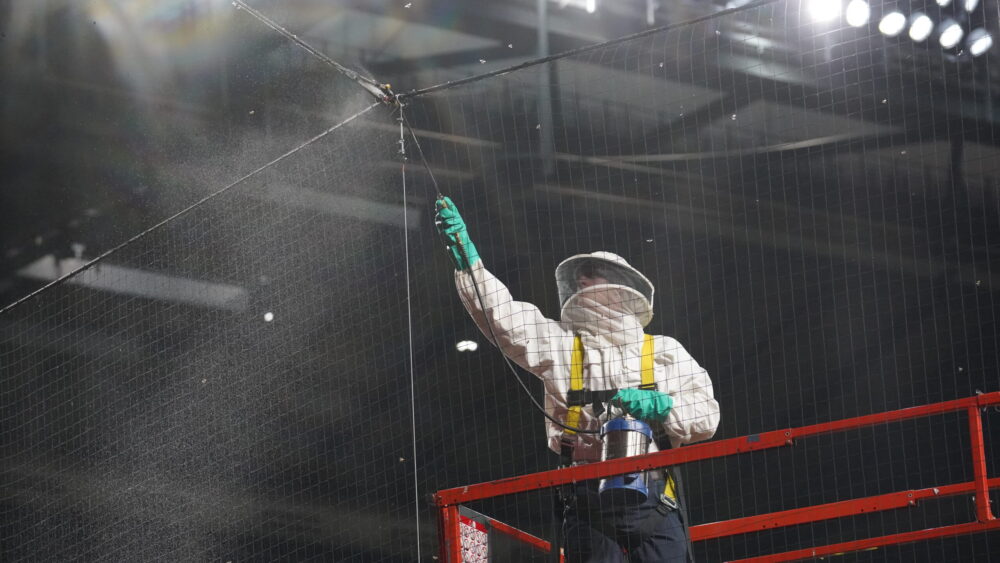Dubious dealings: Upton for Prado does not look equal
Mar 7, 2013, 12:46 AM | Updated: 5:59 pm
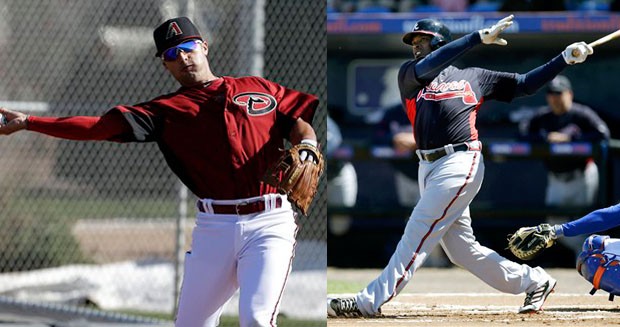
After being named general manager of the Arizona Diamondbacks in September of 2010, the Kevin Towers era began in predictable fashion. Three of Towers’ first four acquisitions were former San Diego Padres, all over age 30, and none on the active roster as we speak. But what Brian Sweeney, Sean Burroughs, and Geoff Blum lacked in longevity, fellow 2010 acquisitions J.J. Putz and David Hernandez made up in productivity, giving Towers a net win during his first year on the job.
Picking up where he left off two years ago, or perhaps just converging concepts, this off-season Towers quickly completed a trade for former San Diego closer Heath Bell — a curious move soon rivaled in perplexity by the limited assets Towers settled for with arguably his two most talented baseball players, Justin Upton and Trevor Bauer. Diminishing returns lock, stock and barrel, in other words.
Not surprisingly, the defense of Towers’ dubious strategy has been rooted in the argot of old school baseball reactionaries. “Grit,” or “gritty,” seems to be their argument’s most popular attributes and new third baseman, Martin Prado, their most prevalent beneficiary. The annoying cliché “first one to arrive, last one to leave,” has also been referenced, but having waited patiently to meet Prado at the conclusion of one of his marathon workouts, I can sort of vouch for its authenticity. This is not to say that Towers made a good baseball trade. Rather that Prado works really hard for his .786 (career) OPS. Much harder than let’s say Justin Upton does for his (career) .832.
This difference is best illustrated, albeit unintentionally, by the 2013 Baseball Prospectus, which went to print before the Upton-Prado swap was consummated. The preferred reference guide for the sabermetrically inclined describes Prado as “possessing a skill set that often fits better in the middle of the diamond,” while Upton’s 2013 goal is to “jump back onto a Hall (of Fame) worthy career tract.”
The use of “back” is very important on two fronts. First, it implies that Upton was once on and could maintain an extremely elite career trajectory. Secondly, it presents the possibility that he could not, the sort of volatility that some have identified as a root cause of 2012’s morale issues and overall team regression. The conventionalists’ corollary would place Prado as a steadying influence on both fronts, while sabermetricians would have little (if any) use for the second of those factors. Moreover, the Prospectus considers the impact an early season thumb injury might have had on Upton’s 2012 power depreciation; also a pet theory of some in the D-backs organization during the latter stages of last season. (By the way, if that’s true, what’s more “gritty” than playing through pain?)
But if durability was the issue, the Diamondbacks benefit is only a slight one. The most recent three-year performance aggregate (2010-2012) reveals a 123 at-bat advantage for Prado (roughly 10 games or 41 at-bats a year) over Upton. During that same span, Prado was on base less (.339 to Upton’s .361), homered less (38 to Upton’s 65), and was outperformed by Upton in most key offensive categories.
If durability is not an issue (or ceteris paribus), the Diamondbacks disadvantage could become a significant one. According to FanGraph’s Dave Cameron, Upton’s projections could give the Braves a “big advantage” in the trade by 2015. Cameron also summarized the Prado deal as follows:
(The D-backs) turned a good player into a slightly less good player, and for that exchange, they acquired some other things of value and saved a bit of money. They also ended a soap opera that needed ending –albeit one they created themselves, which I’m not defending in the slightest —- and realigned their roster for 2013 to be able to capture more value from the other pieces they already had in place.
This could just as easily become the D-backs’ off-season, in précis. That is, aside from the troublesome detail that the D-backs actually added $7.2 million in payroll this winter. That math is indisputable. What Kevin Towers actually purchased with this surplus is the debate that remains very much in play.

